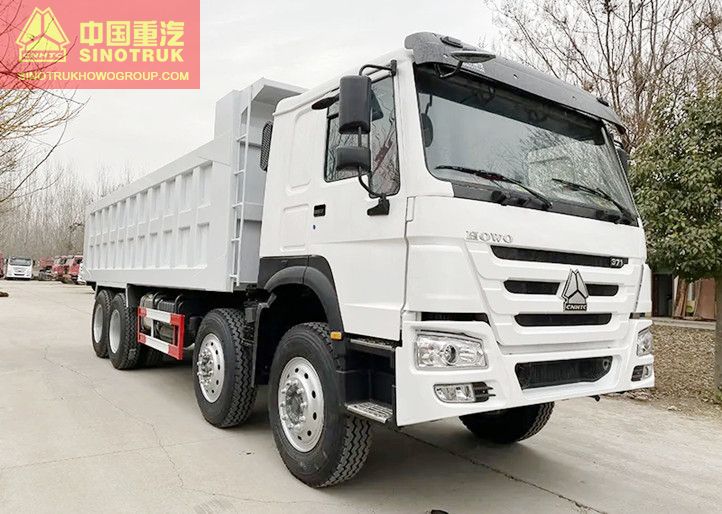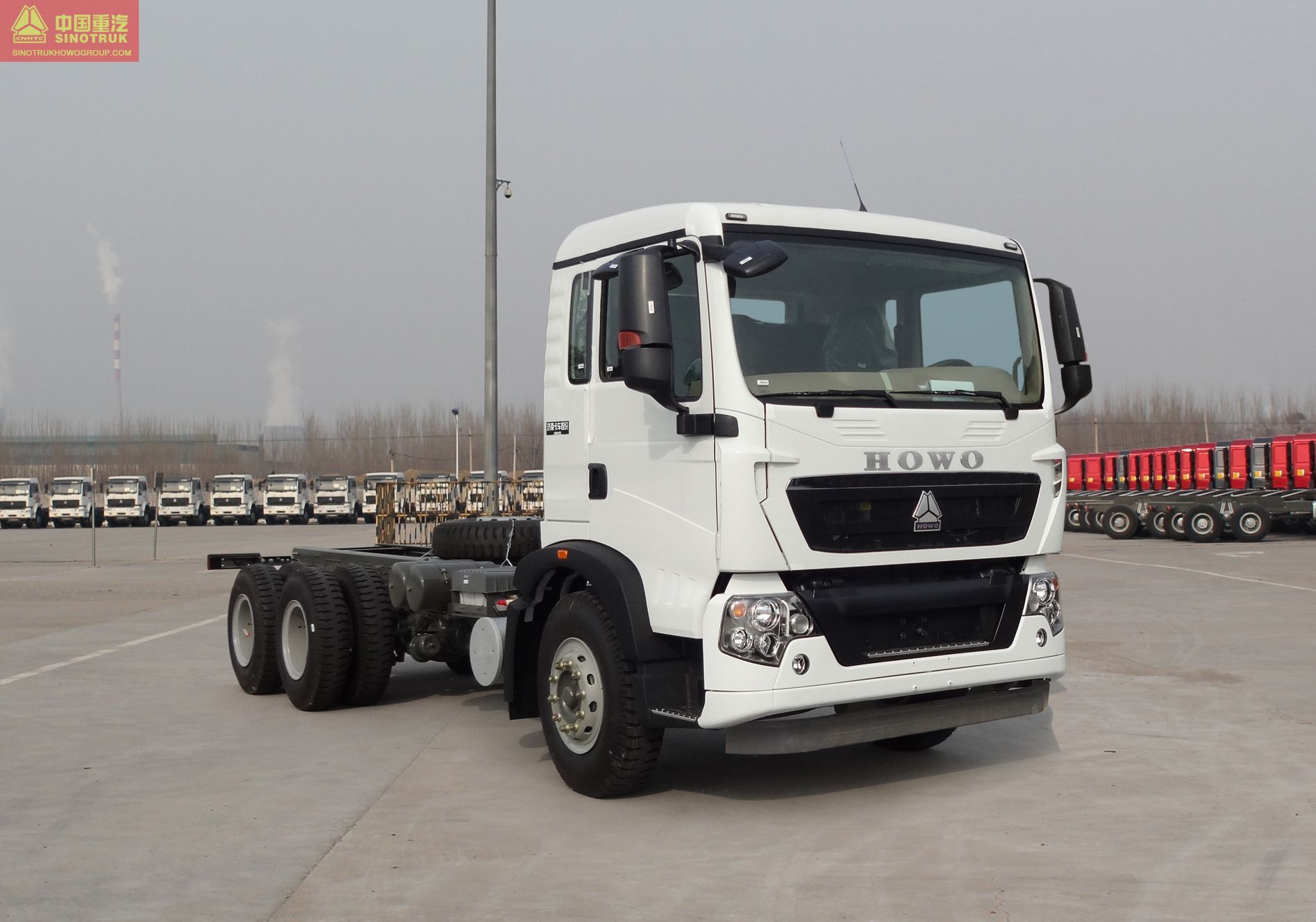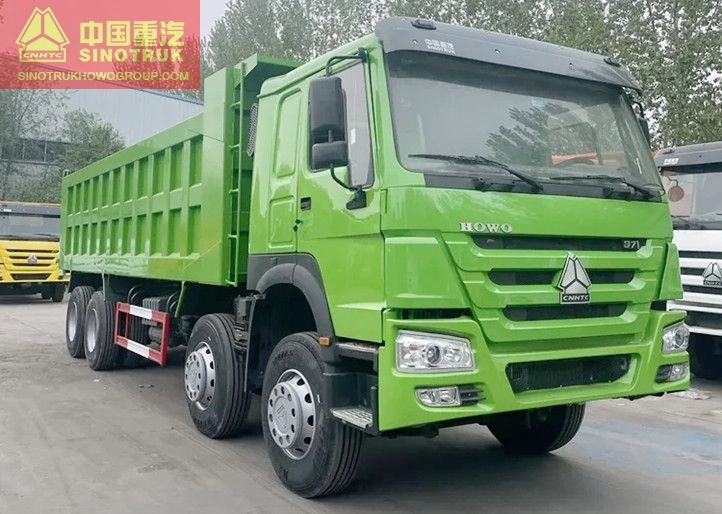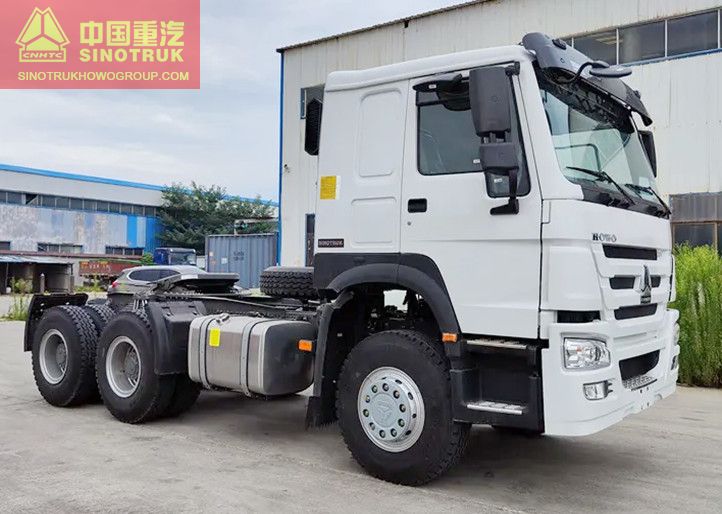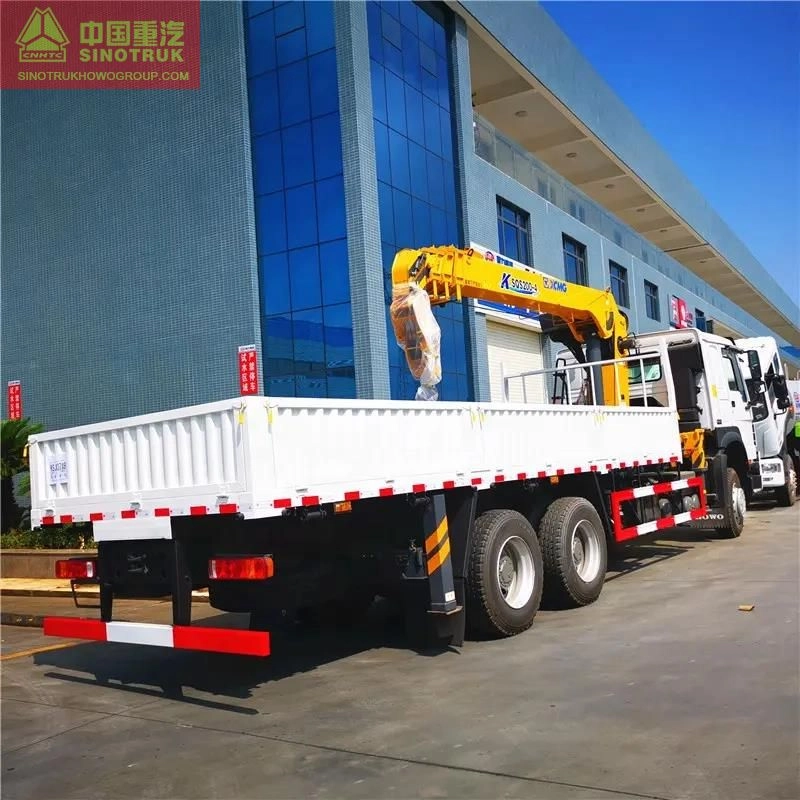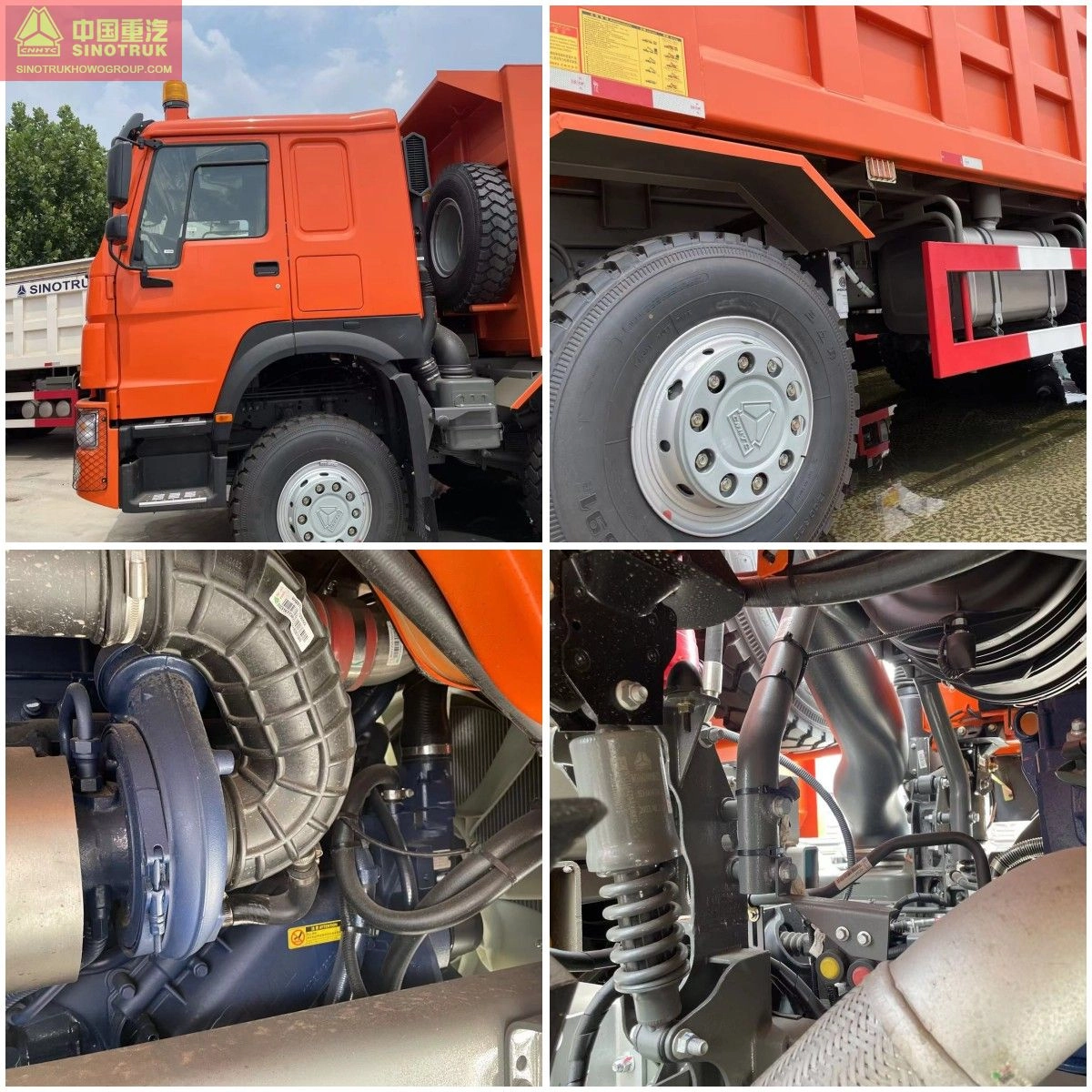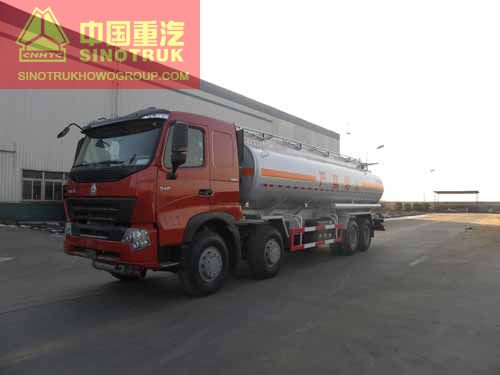tank truck china,tank truck types
- Release time:05-07-2024
- Source:Sinotruk HOWO
Catalog overview:
Introduction to Tank Trucks in China

Tank trucks, also known as tanker vehicles, play a crucial role in the transportation industry in China, serving as a lifeline for the delivery of liquids and gases across the country. These specialized trucks are designed to carry a wide range of materials, from fuel and chemicals to food-grade liquids and water. This article delves into the world of tank trucks in China, exploring their importance, technological advancements, market trends, and the challenges they face.
Types and Applications
Chinese tank trucks are available in various configurations, tailored to specific cargo requirements. They can be classified into stainless steel, carbon steel, aluminum, and fibreglass reinforced plastic (FRP) tanks, each catering to different substances. For instance, stainless steel tanks are commonly used for transporting food and pharmaceutical products, while aluminum tanks are popular for their lightweight and corrosion-resistant properties, often carrying fuels and chemicals.
Technological Advancements
The Chinese tank truck industry has witnessed significant technological improvements in recent years. Advanced safety features, such as automatic tank cleaning systems, pressure relief valves, and enhanced leak detection mechanisms, have been integrated into modern tank trucks. the incorporation of GPS tracking and IoT devices has improved fleet management, enabling real-time monitoring and efficient route planning.
Market Trends and Challenges
China's growing demand for energy and the increasing emphasis on environmental protection have fueled the growth of the tank truck market. the industry also faces challenges, including stricter emission norms, rising fuel prices, and the need for improved driver training. To address these issues, manufacturers are focusing on developing more fuel-efficient designs and investing in alternative fuel options, such as electric and hybrid tank trucks.
Solutions and Future Outlook
To stay competitive, Chinese tank truck manufacturers are investing in research and development, aiming to produce safer, more efficient, and eco-friendly vehicles. Collaboration with technology companies is fostering innovation, leading to the development of autonomous driving features and advanced safety systems. As the country continues its pursuit of sustainable transportation, the tank truck sector is poised for a greener and more technologically advanced future.
Conclusion
tank trucks in China are a vital part of the country's logistics infrastructure, contributing to the smooth flow of goods across the nation. Despite the challenges, the industry is evolving, embracing new technologies and sustainable practices. With a focus on efficiency, safety, and environmental sustainability, the future of tank trucks in China promises to be both innovative and transformative.
tank truck types
1. What is a Tank Truck?
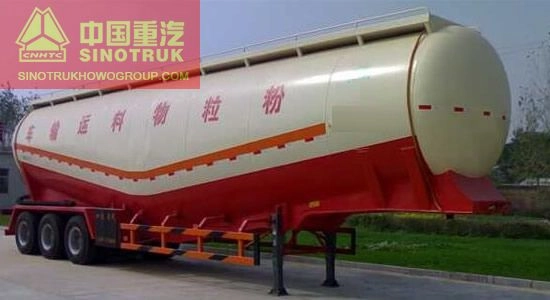
A tank truck, also known as a tanker, is a specialized vehicle designed to transport liquids, gases, or dry bulk materials. These trucks are equipped with a cylindrical or rectangular-shaped tank, which is mounted on a heavy-duty truck chassis. They are commonly seen on highways, carrying everything from fuel to milk, chemicals, and even water.
2. Types of Tank Trucks
Tank trucks can be broadly classified based on the type of cargo they carry:
2.1 Petroleum Tankers
These are the most recognizable, often seen transporting gasoline, diesel, or other petroleum products. They are usually equipped with safety features like spill containment systems and are painted in distinctive colors to indicate their hazardous cargo.
24.2 Liquid Food Tankers
These tankers transport food-grade liquids such as milk, juice, or edible oils. They are built with strict hygiene standards and are cleaned thoroughly between loads.
2.3 Gas Tankers
Liquefied petroleum gas (LPG) or compressed natural gas (CNG) tankers are designed to handle pressurized gases. They have specialized valves, pressure relief systems, and double-walled construction for added safety.
2.4 Dry Bulk Tankers
These tankers transport dry materials like cement, sand, or grain. The interior of the tank is designed to prevent material from settling or caking during transport.
3. Design and Features
Tank trucks vary in design, with some having a single compartment tank and others having multiple compartments for different substances. The tank's material, whether stainless steel, aluminum, or carbon steel, is chosen based on the cargo's compatibility. Tanks can be insulated, heated, or cooled as needed. Advanced safety features like emergency shutdown systems and rollover protection are standard.
4. Operational Considerations
Operating a tank truck requires specialized training due to the potential hazards involved. Drivers need to understand the properties of the cargo, the loading and unloading procedures, and emergency response measures.
5. Importance and Role in Logistics
Tank trucks play a crucial role in supply chains, ensuring the timely and safe delivery of liquids and gases. They are indispensable in industries like oil and gas, food processing, and construction, where bulk liquid or gas transport is a necessity.
Conclusion
Tank trucks, with their diverse types and specialized designs, are integral to modern logistics. Their importance extends beyond transportation, encompassing safety, efficiency, and the ability to handle a wide range of materials. Understanding the specifics of these vehicles is essential for both industry professionals and the general public to appreciate their vital role in our daily lives.
tank truck transport reviews
Introduction: The Vital Role of Tank Truck Transportation
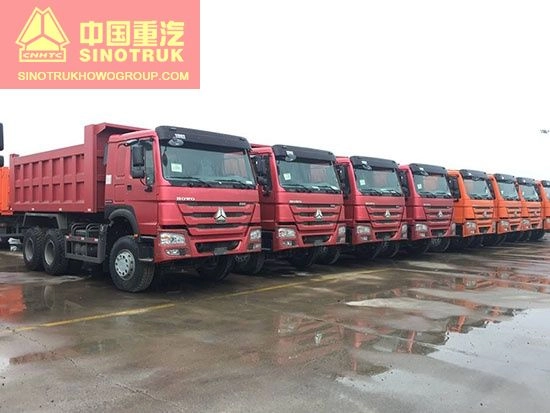
In the vast expanse of the logistics industry, tank trucks play a pivotal role in transporting liquids, gases, and bulk materials across the country. These specialized vehicles are the backbone of industries ranging from oil and gas to food and beverages, ensuring the seamless flow of essential commodities. This article delves into the world of tank truck transport, exploring its importance, challenges, and the future landscape, backed by real-life examples and industry insights.
1. The Niche Functionality of Tank Trucks
Tank trucks, also known as tanker trailers, are designed to carry liquids or gases in bulk, offering a secure and efficient mode of transportation. Their versatility is exemplified by their use in transporting everything from gasoline to milk, chemicals to wine. For instance, the dairy industry relies heavily on tank trucks to ferry milk from farms to processing plants, ensuring freshness and minimizing spoilage.
2. Safety and Regulations in Tank Truck Transport
Safety is paramount in this sector, given the potentially hazardous nature of the cargo. Stringent regulations, such as the Department of Transportation's (DOT) rules, govern the design, maintenance, and operation of tank trucks. Companies like Safety-Kleen, which specialize in hazardous waste management, demonstrate the importance of adhering to these guidelines to prevent accidents and environmental disasters.
3. Challenges and Solutions in Tank Truck Operations
The industry faces numerous challenges, including driver shortages, increasing fuel costs, and the need for advanced technology. To overcome these, companies are investing in autonomous driving systems, fuel-efficient engines, and real-time tracking software. Schneider National, a leading transportation provider, has adopted these innovations, enhancing efficiency and safety in their operations.
4. The Future of Tank Truck Transport
The future of tank truck transport is shaped by the drive towards sustainability and digitalization. Electric and hybrid tank trucks are being developed to reduce carbon emissions, while blockchain technology promises to revolutionize supply chain transparency. Tesla's Semi, for instance, signals a shift towards electric transportation, potentially transforming the industry's environmental footprint.
The Indispensable Role of Tank Truck Transport
tank truck transport is a vital link in the global supply chain, facilitating the safe and efficient movement of vital resources. As the industry evolves, it continues to adapt to new challenges and embrace innovation. From safety regulations to the dawn of electric tankers, the future of this sector is shaped by a commitment to efficiency, sustainability, and technological advancement. Despite the hurdles, the importance of tank truck transport remains as strong as ever, ensuring the world keeps moving.

